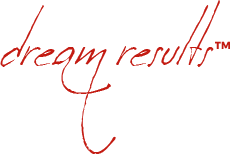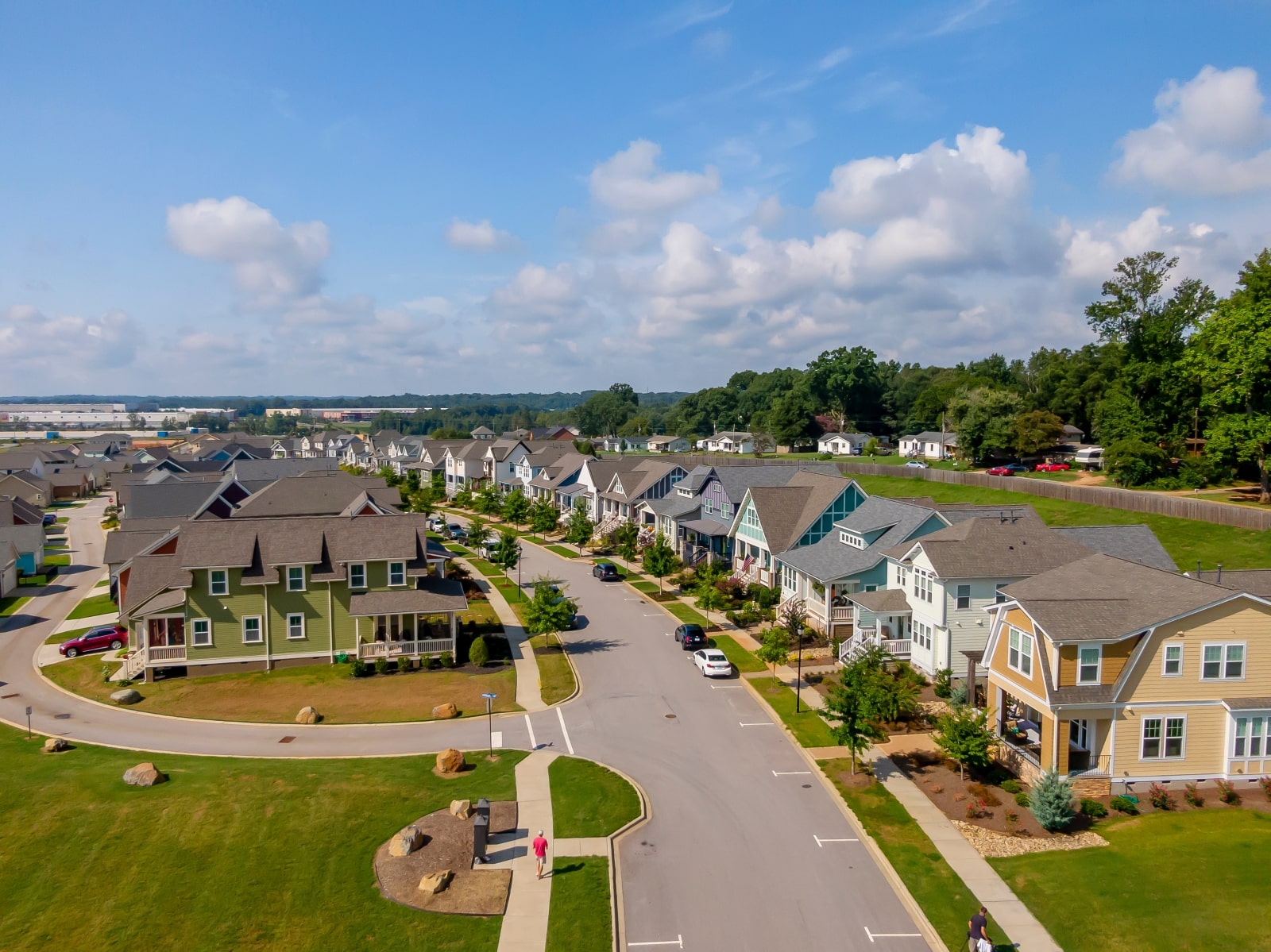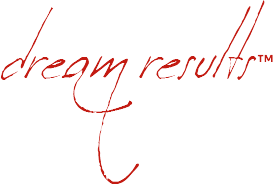Understanding Homeowners Associations: A Comprehensive Overview
When you buy a home in a planned community or a residential development, you might also become a member of a Homeowners Association (HOA). A Homeowners Association is an organization established to manage and maintain common areas, amenities, and overall property values within a community. In this blog post, we'll delve into the concept of Homeowners Associations, their functions, benefits, and potential drawbacks.
What is a Homeowners Association?
A Homeowners Association is a governing body that oversees the management and maintenance of a residential community, such as a neighborhood, condominium complex, or gated community. Its primary goal is to ensure that the community remains aesthetically pleasing, well-maintained, and in accordance with established rules and regulations. HOAs are typically run by a board of elected or appointed residents who make decisions on behalf of the community.
Functions of a Homeowners Association
Maintenance and Upkeep: One of the primary responsibilities of an HOA is to maintain and improve common areas within the community, including parks, swimming pools, sidewalks, and landscaping. These efforts contribute to the overall attractiveness and appeal of the neighborhood.
Enforcement of Rules: HOAs establish a set of rules and regulations known as covenants, conditions, and restrictions (CC&R). These rules help maintain a consistent appearance and standard within the community. Examples may include guidelines for landscaping, architectural designs, and even restrictions on certain types of vehicles or pets.
Amenity Management: If your community boasts amenities like a clubhouse, fitness center, or tennis courts, the HOA will manage and ensure access to these facilities for all residents.
Financial Management: HOAs collect fees or dues from homeowners to cover maintenance costs, repairs, and improvements. The funds are managed by the board and used to maintain the community's infrastructure and amenities.
Benefits of a Homeowners Association
Property Value Maintenance: A well-maintained and aesthetically pleasing community tends to have higher property values. The HOA's efforts to enforce rules and maintain common areas contribute to maintaining your investment's value over time.
Shared Responsibility: By pooling resources through dues, homeowners can collectively address maintenance and repair costs, preventing undue financial burdens on any individual resident.
Community Engagement: HOAs often organize events and activities that promote a sense of community and neighborly interaction. This fosters a stronger bond among residents.
Consistent Aesthetics: HOA rules prevent any one resident from making changes that could negatively impact the community's appearance, thus preserving the overall aesthetic harmony.
Drawbacks of a Homeowners Association
Restrictions: While rules can maintain a cohesive appearance, they may also limit homeowners' ability to personalize their properties as they see fit.
Dues and Fees: HOA dues can be an additional financial obligation that homeowners must budget for, and in some cases, dues can increase over time.
Lack of Autonomy: Some homeowners might feel that the HOA's decisions restrict their freedom to manage their properties as they wish.
Conflict Potential: Disagreements over rules, decisions, or management can lead to conflicts between homeowners and the HOA.
Conclusion
Homeowners Associations play a crucial role in shaping the quality of life within planned communities. They ensure that neighborhoods remain visually appealing, well-maintained, and socially engaging. While HOAs offer numerous benefits such as property value preservation and shared responsibility, they also come with certain restrictions and financial obligations. Before purchasing a home in a community governed by an HOA, it's important to carefully review the rules and regulations to ensure they align with your preferences and lifestyle.




